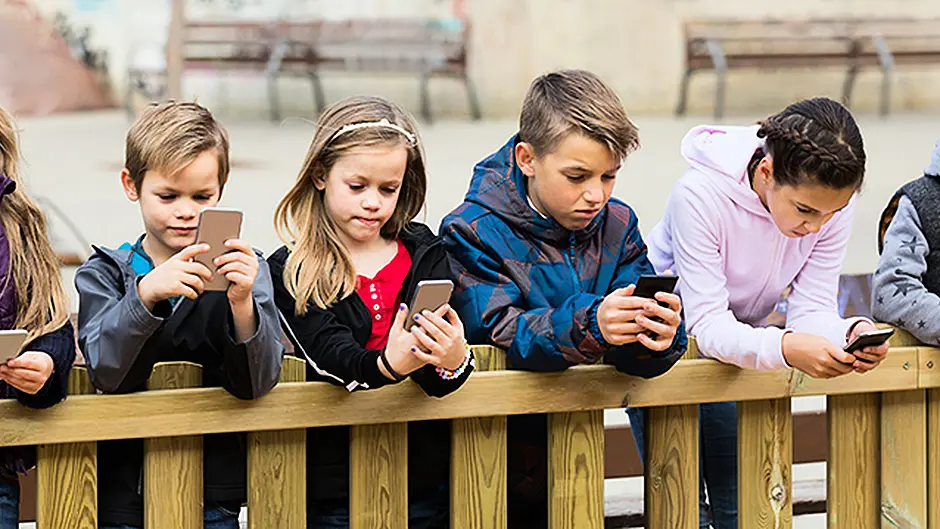Having a strong relationship with your child is the best way to safeguard their mental health, writes Emma Connolly
WHILE the finger of blame for mental health problems in adolescents is frequently pointed at social media – the reality is that it’s usually just one of a number of contributing and very complex factors.
But it’s one that’s not going away and the onus is on parents to educate themselves so they can appreciate their child’s vulnerabilities.
That’s according to Ella Lovett, a clinical psychologist who has worked with children and families for 23 years.
Ella is the principal clinical psychologist, specialist for Camhs (Child & Adolescent Mental Health Services).
Camhs is a service for children, teens and their families who are experiencing moderate to severe emotional and behavioural difficulties.
There are eight Camhs teams throughout Cork, one of which serves the population of West Cork with a team based in St Mary’s Road, Dunmanway.
So far this year (January to May) they’ve dealt with 1,590 appointments. Last year they saw 2,823 which was a marked increase from the 1,975 appointments handled in 2017.
‘The presentations that we see are very varied and include anxiety and/or low mood disorders, self-harm and/or suicidal behaviour, eating disorders or ADHD to name a few,’ said Ella. ‘We see a lot of complex cases where there are multiple difficulties co-existing. For example, developmental/learning difficulties, self-regulation difficulties, parental conflict/family breakdown, social difficulties/peer relationship difficulties, and bullying. Problems can be layered on top of one another and it can take time to complete a thorough assessment and unpick where it all started and where it’s best to start intervening,’ said Ella.
‘I guess we are seeing the negative side of social media (over) use more and more in the mix, but to be honest, in my experience, it is usually only one of the issues, often not necessarily the main one.’
Ella, who supervises the West Cork Camhs team, added: ‘It is certainly a factor that we are more aware of and we are more and more conscious that we need to take into consideration young people’s relationship with social media as part of our assessment.
‘Because it is such a big part of a lot of teenagers’ lives, it will often come up in conversation, and sometimes we discover they have an unhealthy relationship with social media but this is not always the case.’
Young people most vulnerable to the negative effects of (over)use of social media are those whose self-esteem is already fragile, those who look for approval or acceptance there because they find it difficult to access elsewhere, those who find it difficult to distinguish fantasy from reality, those who are easily led or impressionable, and those with a low tolerance for distress, explained Ella.
Camhs have had a small number of cases where some young people spent excessive amounts of time in their bedrooms gaming on computers.
‘These young people often have social difficulties where interacting with peers face-to-face is very difficult for them, among other things,’ explained Ella.
The service has also helped teens in the aftermath of cases where images of themselves either partially clothed or naked were shared online.
‘But it’s not something that a young person would usually get referred to Camhs for, on its own. Sometimes this information is already known and sometimes this may not emerge until well into the assessment. If they do get referred to Camhs, there is often a lot more going on. I suspect that most of these kinds of cases never make it to Camhs at all,’ said Ella.
• NEXT WEEK: A West Cork mum is certain her teenage son would have taken his life by suicide were it not for the support of West Cork suicide awarenesss charity Lisheens House.








